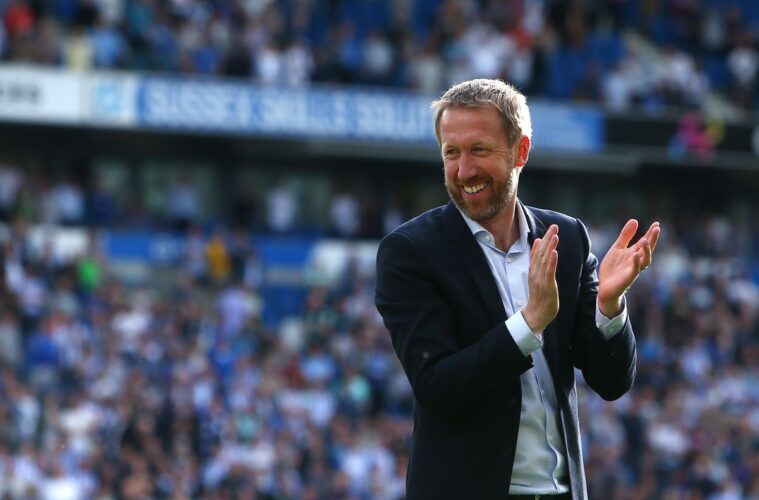On the 100th day of their tenure, Chelsea’s new ownership consortium headed by Todd Boehley announced they were well and truly into the Stamford Bridge swing of things, sacking manager Thomas Tuchel after their loss to Dinamo Zagreb.
In many ways it should have come as no surprise, given the club’s history of brutal manager sackings under previous owner Roman Abramovich. But initial sentiment sided with Tuchel; why would the new owners not amend the instability of the old reign, particularly given the German had delivered the Champions League and Club World Cup in rapid time?
‘It’s very much in tune with recent Chelsea history in terms of the ruthlessness of it. This was very much planned, that’s the impression Tuchel came away from the conference call he was summoned to with, that this had not been an impulsive decision from the ownership’, The Athletic’s Liam Twomey told Box2Box.
‘When the owners were talking about evaluating every aspect of the club over their first 100 days, maybe not enough of us realised that also meant the head coach was under scrutiny.’
The post-mortem revealed neither side had been overly happy with the arrangement, having been thrust on each other during the club’s highly-politicised changing of hands in late May.
‘Tuchel felt frustrated under the new ownership, especially when he was constantly comparing it to what he’d walked into with Petr Cech and Marina Granovskaia, the people that had appointed him. In the end that tension between the club Chelsea was, and the club they’d become, was unbridgeable.’
‘We [later] found out Chelsea had been monitoring Graham Potter for several weeks and already knew quite a lot about him when they’d signed Marc Cuccurella from Brighton.’
If Tuchel’s axing looked old-school Chelsea, Potter’s appointment on a five-year deal appears the move to define the current ownership from the previous. Of the litany of esteemed managers that passed through Abramovich’s revolving-then-trap door, none would have had their CV include stints at Ostersund and Swansea.
‘It is a really big break [from tradition], it marks out this new ownership group as not the stereotype of the new splashy owner that a lot of people were keen to paint them as in their first summer – and understandably so, given the extent of their spending.
‘They’ve not gone for a name, they’ve not gone for a guy with a long track record of winning trophies at the highest level, but they’ve gone for a guy who’s essentially an investment in potential.
‘Potter had a really close relationship with Tony Bloom and Paul Barber at the top of Brighton, and I think he wants to work for people he can develop the same level of rapport with. When he was meeting with Todd Boehly and Behdad Eghbali, I think that was what he was looking for.’
Potter departs Brighton with that club flying inside the Premier League’s top four, but suddenly gutted of what took them there. The Seagulls have received £20million pounds compensation for Potter, a global record for a manager, and a further £2million for the five backroom staff he’s taking with him.
Potter’s grace was evident in his parting letter to the Albion faithful, with whom he’d enjoyed a strong connection across his near three-and-a-half year spell. What consolation that provides will hinge on their form without him, for now under interim boss Adam Crofts and injured midfielder Adam Lallana.
‘He was almost apologising for his ambition: ‘I’m sorry I had to leave’. It was a very decent thing to do, a nod to the connection he’d built there not just with the people and the players, but the bond he’d had with the fans.’

